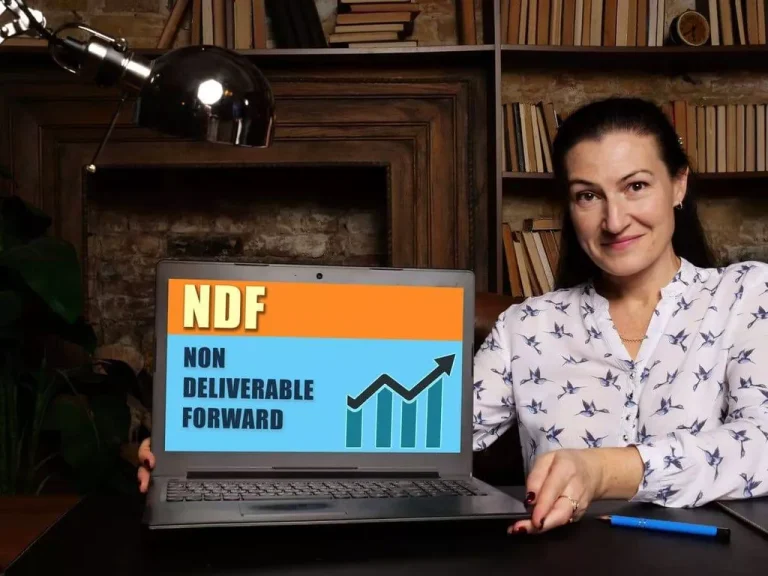If you provide liquidity to an AMM, you’ll need to be aware of a concept known as impermanent loss. In quick, it’s a loss in dollar value in comparison with HODLing when you’re offering liquidity to an AMM. Distributing new tokens within the arms of the proper individuals is a really troublesome problem for crypto initiatives.

Although today order books are automated, they’re still managed by the exchange in a centralized manner. They can avail of companies of so-called market makers, who improve Decentralized autonomous organization the liquidity of a given market by inserting extra purchase and promote orders. In conventional markets, it isn’t uncommon for them to monopolize the move of orders. Issues are utterly different for decentralized finance (DeFi). You can view a coin’s liquidity pool by visiting its decentralized change web page (like Uniswap or PancakeSwap).
This charge is distributed amongst LPs in proportion to their contribution. This is considered one of the major methods to earn passive earnings in decentralized finance. They are a major innovation that allows for on-chain buying and selling with out the need for an order e-book. As no direct counterparty is required to execute trades, merchants can get out and in of positions on token pairs that probably could be extremely illiquid on order guide exchanges.
Change
- The more provides there are, the less likely it is for a large order to affect the present market price, and the extra liquid the market is.
- Normally, working a validator requires plenty of capital (e.g., 32 ETH for Ethereum) and technical abilities.
- Notably, exchanges similar to Uniswap, SushiSwap, and Curve often adhere to the fixed product method as their major pricing mechanism.
- If Alice needs to use this market to get 1 bell from this pool, she might want to pay exactly ‘y’ whistles in order that ‘k’ remains at 2,500, which is 1.02.
Platforms like even automate stability danger selection and returns to maneuver your funds to various DeFi investments that provide liquidity. Liquidity pools are the spine of many decentralized exchanges (DEX), similar to Uniswap. Customers referred to as liquidity suppliers (LP) add an equal worth of two tokens in a pool to create a market. In exchange for providing their funds, they earn trading charges from the trades that occur of their pool, proportional to their share of the entire liquidity.
The Ledger Reside app presents an identical functionality for Ledger customers. There may be a specific wallet required relying on the platform. MetaMask is the most well-liked wallet for DEX’s based mostly on Ethereum. Be positive to double verify that you’re connecting to a valid DEX, as there are many scams that target person wallets when they’re enterprise this step. Decentralized finance (DeFi) makes it potential for anybody with an internet connection to entry many of the identical monetary companies that traditional banks supply.
What Am I In A Position To Do With A Liquidity Pool Token?
If your LST trades beneath the value of the staked asset, you might face losses when promoting or swapping. This can happen as a result of low liquidity, poor market sentiment, or issues inside the liquid staking protocol. While liquid staking provides flexibility and yield, it additionally introduces new dangers. Others are distinctive to liquid staking services and token design.
Lending swimming pools are used in decentralized lending protocols like Aave or Compound. As An Alternative What Are Liquidity Pools in Crypto, users deposit assets so others can borrow them, often overcollateralized. As trades occur, the pool costs a small fee—often round 0.3%.

Since the system is absolutely decentralized, liquidity pools can’t be utilized in centralized (traditional) apps. Every Little Thing occurs on-chain, with out interference from a central get together. As lengthy as your crypto stays in the pool, you earn a portion of the trading charges from every swap that occurs through that pool. These are normally https://www.xcritical.in/ small percentages (e.g. 0.3% per transaction), however with giant volumes, that may add up considerably.
ARMSP just isn’t a safety and doesn’t present security or spinoff rights. Our DeFi platform does not offer leverage, derivatives, CFDs, or margin trading. A customized liquidity pool gives you full control over how your token is traded and priced. And with the right setup, it may possibly turn into a powerful income stream—not only for you, but for your entire community.